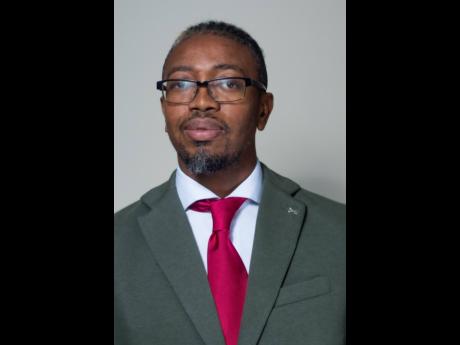Jamaican Language Unit advocates for use of Patois at early childhood level
The Jamaican Language Unit at The University of the West Indies, Mona, is advocating for the use of Jamaican, otherwise called Patois, as the initial language of instruction at the early childhood level.
The unit’s coordinator, Dr Joseph Farquharson, said that learning one’s mother tongue is generally not an issue in other countries, but in Jamaica, it is viewed by some as backwards.
“Nobody in England asks whether it is vital for English children to learn their mother tongue, English, or for people in France, for children to learn their mother tongue, French,” he said.
At the 30th Session of the United Nations Educational, Scientific and Cultural Organisation (UNESCO) general conference in 1999, countries adopted a resolution that established the notion of multilingual education, which refers to the use of at least three languages in education.
The three languages being the mother tongue(s), a regional or national language, and an international language.
“UNESCO has said for decades now that children have a right to learn their mother tongue, so that’s the first part of the right, so you shouldn’t deny children the right to be exposed to, and learn, their mother tongue, and second, children have a right to be taught in their mother tongue. It has been the recommendation of UNESCO for a while, in conventions that Jamaica is a party to, but we just have not gotten to that stage.”
Farquharson noted that UNESCO came to this conclusion by the informed work of linguists who focus on language acquisition. The coordinator expressed that even though English is Jamaica’s official language, many people do not speak it, or are not as versed in it as they are in Jamaican.
“Children come to the learning process with that. What people don’t understand is that learning for the child doesn’t start in school, it starts at home, and the child has been learning a whole lot about their community, about their environment in the language of their home. By the time they get to school, they have learnt so much about what their world is like, but when they get to the classroom, the (personified) classroom says to them, what you know and the language you have used to come to that knowledge are unimportant. It does something to the psyche of the child,” explained Farquharson.
Capitalise on knowledge
The approach, he proposed, is to capitalise on the children’s knowledge of the mother tongue.
“Say to the child, ‘Wow, you’re bright! You know a language already and you have learnt a lot about your world in that language. Let’s take you a step further to learn other things in that language and you also teach them literacy. Since they have already learnt to speak this language, learning to write in that language is just a small step.”
Farquharson went on to explain how Jamaica’s official language would come into play.
“After they have mastered that and have built confidence, you say to them, ‘You’ve been doing so well that we need to give you more to do. Here is another language, it has some similarities to the language you have come with and you also need to learn it.”
“What we are proposing and what we have proposed is not for Jamaican to replace English but to work alongside it,” said Farquharson.
Farquharson concluded that this approach is a means of improving learning outcomes of young children and embracing cultural diversity while keeping the indigenous language alive.

